Which Coffee Is Best For Athletes? Recommended Time To Drink Coffee
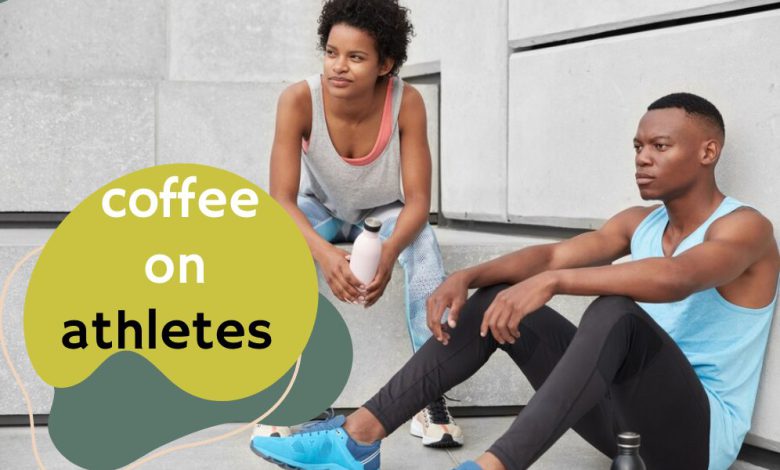
Impingement of the coffee for athletes: Good or Bad? If you are an athlete and sometimes workouts or sports make you exhausted and frustrated, then keep on reading this article to get the best options and solutions about how you can enhance your performance.
And you are searching for ways to improve yourself and your work routine.
So the magic of coffee shines again, as we are confident that you know what coffee is and what impacts it has on your body.
Is coffee good or bad for your performance enhancement? And how can you consume it?
read more: Coffee Vs Cappuccino
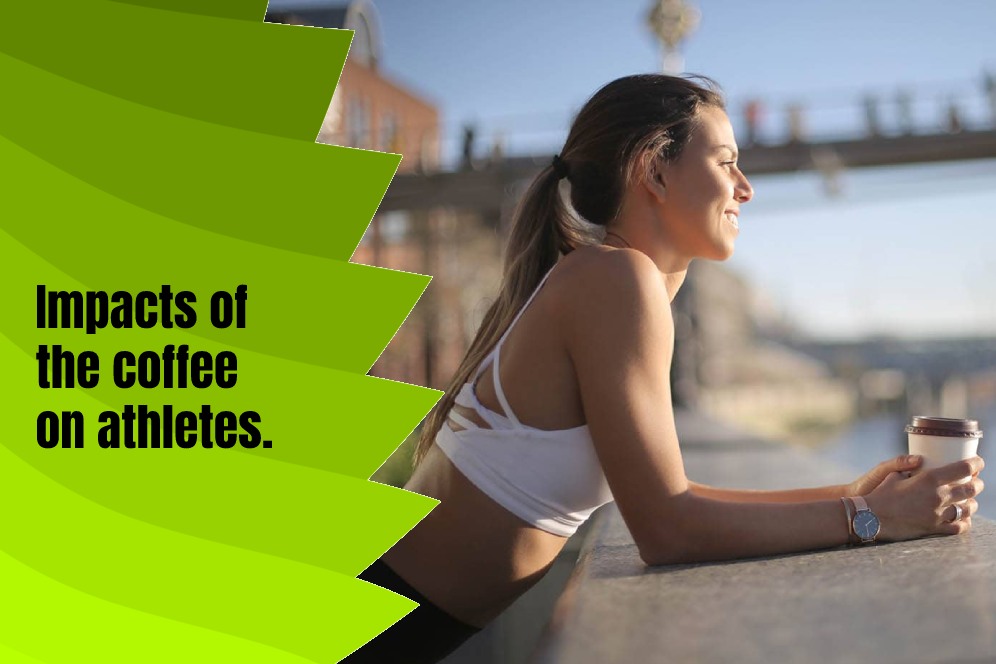
Subjects on the table:
- A brief background on the coffee.
- Impacts of the coffee on athletes.
- Pros and cons of coffee for workouts and sports.
- The best way for athletes to enhance their performance.
- Finally
But before anything else, don’t miss watching this video.
Mobilizes body fat reserves, allowing for longer and more intense workouts. Enhances concentration and can improve overall cognitive performance. Caffeine is also beneficial after exercise, as it increases the muscles’ ability to absorb glycogen, meaning your body recovers more quickly.
Let’s read about the subjects that may concern you and reach for a suitable solution for you.
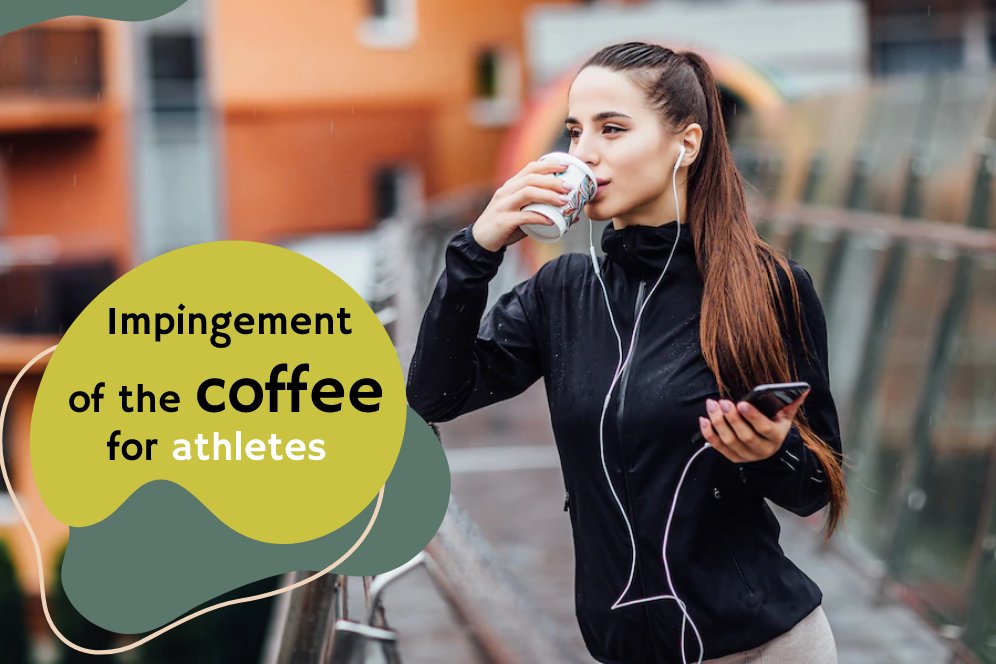
Contents
- 0.1 A brief background on the coffee
- 0.2 Impact of the coffee on athletes
- 0.3 Pros and cons of coffee for workouts and sports
- 0.4 How does caffeine work in the body?
- 1 Best ways for athletes to enhance their performance
- 1.1 best coffee for athletes
- 1.2 coffee for extreme sports
- 1.3 Best tea for athletes
- 1.4 How much coffee should we drink?
- 1.5 Caffeine and Endurance Exercise
- 1.6 drink coffee before or after workout
- 1.7 Nescafé before bodybuilding training
- 1.8 How to use caffeine for success in exercise?
- 1.9 FAQ:
- 1.9.1 Is coffee bad for sports?
- 1.9.2 Can athletes use coffee?
- 1.9.3 Does coffee damage the body of athletes?
- 1.9.4 How much caffeine do athletes consume?
- 1.9.5 Is coffee good for an athlete?
- 1.9.6 When should athletes drink coffee?
- 1.9.7 Does coffee increase testosterone?
- 1.9.8 What type of coffee is good for athletes?
- 1.9.9 Is tea or coffee better for athletes?
- 1.9.10 Should I drink coffee before or after a workout?
- 1.9.11 should athletes drink coffee?
- 1.10 best coffee for muscle gain
A brief background on the coffee
As you all know, among all the edibles and beverages, one of them always sounds the loudest when it comes to staying energic, and it’s one other than coffee.
When you wake up in the morning, this drink will give you the strength to go on with your day and never give up.
Coffee contains caffeine. It is a chemical that raises the cortisol hormone levels in your blood, so you stay energic. Like every consumable, coffee must not be drunk excessively because it can cause you harm.
But if you play by the rules and have a healthy and organized routine for consuming coffee, you shouldn’t have any problems.
With these being said, we will discuss how hot a cup of coffee can interact with the athletes’ bodies and the impact.
So let’s start and get to know the basics and advanced parts of drinking coffee, especially for athletes.
read more: Types Of Coffee Beans
Impact of the coffee on athletes
While we had an article about what would be the impact of coffee on an empty stomach, this one is different athletes typically have high quality and healthy habits of eating food.
Some athletes want even more energy and movement power, but what are the healthy ways to do that and achieve a higher power range?
Coffee can be an excellent substitute for artificial performance enhancers; first, it’s natural, and secondly doesn’t have that many side effects.
So until now, we know how athletes can enhance their performances, but what are the conditions and limits of using coffee for athletes.
read more: Coffee vs Red Bull
Let’s list what can coffee do for athletes:
- Coffee is an excellent fat burner and energy booster
- The metabolism of the body increases when using coffee
- Coffee almost reduces the muscle pain from working out to zero
- It is a perfect way to fight diseases
- Overall, it enhances the athletic performance
Coffee raises heartbeat and metabolism; in conclusion, it helps and increases the process of burning fat. The high heat bead rate causes blood to pump faster in the stream; this makes the muscles recover quicker and not get tired quickly.
Although not every coffee can impact the body that we listed above, One factor that sets a good coffee for athletes is how much it contains caffeine.
There are different types of coffee that we are not going to get that deep into it, just for the sake of information,
We want to list some of the coffee brewing techniques that result in the best coffees for athletes:
Pros and cons of coffee for workouts and sports
Indeed, there are some upsides and downsides to drinking coffee for athletes. Typically drinking coffee for athletes isn’t necessarily a bad thing, but if you overdo it can be catastrophic.
We will list a pros and cons tab to discuss each individually; this part contains essential questions, so stay alert.
pros and cons of drinking coffee before workout
The best coffee for gym performance is cold brew. Cold brew is made by steeping coffee grounds in cold or room temperature water for 12–24 hours. This process results in a smooth, low–acid coffee that is less bitter than traditional hot–brewed coffee. Cold brew is also high in caffeine, making it a great pre–workout drink.
Pros:
- Consuming coffee can substantially enhance performance and raise the fat-burning process. In other words, it has some better sides to it.
- Coffee has a positive effect on blood circulation. For a more effective exercise, the amount of oxygen going to your muscles needs to increase. Studies have shown that drinking a cup of coffee 30 minutes before exercise increases blood circulation for 75 to 90 minutes. Also, caffeine protects muscle tissue. This means that coffee also prevents muscle damage.
- The ingredients in caffeine increase the metabolism rate. However, it will make you burn more calories. Caffeine increases the level of adrenaline in the blood. Adrenaline is then transferred from the blood to the fat cells and sends signals to burn the fat cells.
- Caffeine directly stimulates the central nervous system. While it has positive benefits for memory, its most important effect is a direct effect on movements and increased reaction speed. Particularly in team sports. Increasing reaction speed and concentration helps athletes to better and faster analyze their movements and all the technical and tactical phenomena that occur around them.
- Caffeine can reduce pain: A cup of coffee reduces muscle soreness during and after exercise. By reducing pain, we can train more and increase our workload.
read more: Best Coffee For Winter
Cons:
It is important to note that excessive coffee consumption, especially for athletes, can cause problems. For example, when an athlete consumes coffee regularly, it can cause fluctuations in the average cortisol level and raise the level of the glans, which will result in fatigue, nausea, and insomnia. Because sleep is so crucial for athletes, this is a significant concern.
“Caffeine effectively enhances various types of performance when consumed in low-to-moderate doses,” according to the International Society of Sports Nutrition.6 Even if you are already a coffee drinker, you may find that simply consuming your coffee before working out makes a difference in performance.
Caffeine enables an athlete to train longer, with greater power output and resistance to fatigue.
Endurance athletes appear to benefit significantly from coffee.
Coffee stimulates the body to use fat stores, instead of muscle glycogen (sugar), during long workouts. This allows for prolonged use of working muscles.
Research on coffee and the rate of perceived exertion (RPE) indicates that athletes had a more positive exercise experience when they consumed coffee.7 They felt less fatigue and effort during their workout sessions.
read more: coffee and gout
How does caffeine work in the body?
From a cup of coffee in the morning, you know it activates your blood circulation and can brighten your mood. It gives you a bit of energy for a good start to the day. The morning ritual is often very important – for many people, the day begins with a good cup of coffee.
Caffeine takes about 30 minutes to kick in. The effects in the body last for approximately four hours, though we usually experience it for a shorter duration. Caffeine accelerates heart rate and dilates blood vessels. This means that more blood can flow, providing the body with better oxygenation. Most people perceive this as a stimulant and also experience an improved ability to focus.
Fatigue diminishes, and we feel more fit and alert. Caffeine also has a regulatory effect on blood pressure: shortly after consumption, it increases slightly, but in the long term, it decreases as caffeine opens up the blood vessels. Therefore, mild headaches can also be relieved with caffeine.
Best ways for athletes to enhance their performance
As we specified at the past branch, coffee can be a pretty advisable substitute for the bogus enhancements, but as you are informed, there is a limit and some rules to it.
Coffee consumption for athletes should purely exist for the sake of the time that the athlete is doing an intense workout or sport; otherwise, if it is adopted regularly and without any limits, it could cause discomfort or disservice.
In scientific words, researchers indicate that if coffee is used regularly, it may hamper the benefit of enhancement that caffeine has and backfire the adverse.
When an athlete uses coffee to reinforce their performance, by a month of using caffeine as an enhancer regularly, it will have less and less impact on the performance and more on insomnia.
If you are an athlete, it is preferable to adhere to a set regimen that allows you to consume this beverage.
Let’s warp things out and give a straight answer.
read more: coffee and MS
best coffee for athletes
The best type of coffee for athletes is coffee that contains Robusta coffee beans. Because it has high amounts of caffeine. It is recommended to use coffee that has a high level of caffeine. The things that affect the amount of caffeine in coffee are the type of beans, the method of roasting and the type of brewing.
Filter, drip, espresso and cold brew methods have a great effect on the amount of caffeine in coffee. Cold brew method is the best coffee for athletes. To use the Cold brew method, you can read this article: Cold brew
coffee for extreme sports
If you are professionally training in the gym and are looking for the right coffee for heavy sports such as bodybuilding, we will guide you. Turkish coffee is one of the types of coffee that is recommended for heavy sports. If you are not familiar with how to prepare this type of coffee, I recommend reading the “Turkish Coffee” article.
Coffee and related drinks such as espresso are effective on your heavy sports training. As drinking coffee can have a positive effect on your bodybuilding, in large amounts it can have a negative effect. The caffeine in coffee increases blood pressure, increases heart rate, prioritizes blood flow to muscles, and releases stored sugars in the liver, all of which provide energy during a gym session. It is recommended to read this article: Coffee and Liver
read more: Kaya Kopi Luwa

Best tea for athletes
Tea along with a balanced diet is an ideal option to enhance sports performance. About an hour before exercise, drinking some black tea increases endurance and increases the body’s resistance. Another benefit of tea is increasing skill during aerobic activity. It also helps you stay hydrated during exercise.
Research conducted by the International Association of Sports Nutrition showed that consumption of masala tea helps to reduce the level of oxidative stress. Masala tea also helps delay the onset of muscle soreness after exercise. By doing this, it helps the muscles recover faster. Black tea, green tea, masala tea, red tea are suitable for burning fat in athletes.
How much coffee should we drink?
Doctors recommend not consuming more than four cups of coffee per day. Excessive consumption can lead to symptoms such as increased heart rate, internal restlessness, severe nervousness, and sleep disturbances. Stomach problems and anxiety may also result from excessive coffee consumption. In severe cases, excessive consumption may even lead to a collapse in blood circulation. Especially when consuming caffeine pills – which generally should remain an exception – one should definitely adhere to the recommended amounts.
Long-term excessive consumption of coffee and caffeine can even lead to addiction. This means that you will need more caffeine to reach the daily balance. If you have a caffeine deficiency, you will feel real withdrawal symptoms. Now is the time for a continuous break. Like many foods and beverages, the same applies to coffee: the amount matters. In moderation, it has a stimulating effect, but excessive intake can harm both the body and the mind.
Caffeine and Endurance Exercise
During prolonged exercise, a small dose of caffeine between these two acts can have a positive impact on performance. However, no elite marathon runner or triathlete has ever been observed drinking coffee during a competition. Beverage bottles usually contain separate mixtures of electrolytes and liquid carbohydrates. It is largely unknown whether caffeine compounds are also present in these mixtures or not.
Ultra-marathon runners, some of whom spend more than a day and a night on the trail, use the stimulant effect of caffeine. Many of these runs continue through the night, and some sleep deficits are compensated for with a cup of coffee or a caffeine tablet. However, especially with tablets, it is important to only consume the recommended amount. Even recreational runners sometimes like to treat themselves to a short coffee break during such events. Since digestive problems and circulation issues can often end a race, especially during ultra-running, you should approach caffeine consumption slowly and carefully. The “less is more” approach definitely holds true here. General recommendations are not possible, as each athlete reacts individually.
In summary, this means that moderate use of coffee and caffeine during exercise can have positive effects and lead to a partial increase in performance. However, coffee is not a magic potion and is not considered “legal doping.
Finally
If you too want to go on and work an extreme sport or heavy-duty workout and want to use coffee as a help, make sure you read this article carefully and give some attention to the tips and how to use coffee correctly.
Overall, coffee can enhance the performance of an athlete.
But comparing the ups and downs that caffeine brings with itself this equation, it can be far better to adopt a healthy diet that looks for ways to enhance the performance and power range with anything chemical reacted, like caffeine pills and so on.
Hopefully, this article will have some use for you, and in the end, if you wonder about any other facts about coffee, don’t be shy and write them in the comment section below.
read more: Coffee And Hair Loss
drink coffee before or after workout
Eating coffee before a workout increases concentration and strengthens mental performance. When you lift weights or do aerobic activities, by increasing concentration, you can perform sports activities better and more easily.
Those who do strenuous exercise in their daily schedule or walk briskly for about an hour a day tend to drink coffee after exercise.
It is true that a cup of coffee refreshes you after exercise, but it has no effect on burning calories. The most important effect of drinking coffee before exercise is that it helps you burn more calories. Therefore, it is recommended to drink coffee before the workout.
read more: Gift Suggestions For Coffee Lovers
Nescafé before bodybuilding training
Some athletes prepare Nescafe and instant coffees because of lack of time. This is a mistake. Nescafe contains a lot of sugar and it is not suitable for athletes. If you don’t have time, you can use quick brewing methods to prepare coffee. Moka pot or French press are two quick ways to prepare a great coffee.
How to use caffeine for success in exercise?
Caffeine enhances performance, and when it comes to athletic performance, it brings many positives. Your focus is increased, and you can easily perceive more. Physical endurance is improved, and effort is perceived as less intense. Practical. Physiological studies have shown that caffeine enhances performance, making it excellent for time trials or high-flying cyclists. It has also been proven that caffeine is beneficial after exercise, as it promotes faster glycogen resynthesis, helping you recover your fitness more quickly.
FAQ:
Is coffee bad for sports?
is coffee bad for athletes? Not necessarily; coffee can increase performance under special surcimpstamnces.
Can athletes use coffee?
Yes, they can, but they should use it at the crucial time of working out.
Does coffee damage the body of athletes?
Typically no, but if used excessively, yes, it can harm the body and the organs of an athlete.
How much caffeine do athletes consume?
The amount of coffee you should drink according to your weight is 4-6 mg/kg. Drinking coffee at certain times of the day causes the body to lose water. You can enjoy your coffee with healthy by-products. Instead of using sugar or cream, you can use cinnamon and almond milk.
You can make plant-based milks at home. To learn about the properties and preparation of Plant-Based Milks, read this article.
Is coffee good for an athlete?
According to studies, coffee has a great effect on improving the performance of the nervous system of athletes. If you eat coffee one hour before starting exercise, it increases plasma concentration and improves body performance.
When should athletes drink coffee?
It is better for athletes to use coffee before exercising. The best time to consume coffee is between 9 and 11 am and before doing sports. Drinking coffee at the beginning of the day and immediately after waking up not only does not make you fresh, but also causes disturbances in the digestive system.
read more: Coffee Grinder Blades
Does coffee increase testosterone?
Caffeine not only boosts your energy, but also boosts your testosterone levels. We all know that high testosterone levels help build muscle, restore muscle.
What type of coffee is good for athletes?
Any kind of brown can be useful for athletes but under one condition. The coffee should be prepared without cream or other sweeteners.
Is tea or coffee better for athletes?
Many athletes start their day and training with coffee or tea first. If you’re wondering about the amount of caffeine in your favorite beverages; A cup of coffee contains about 70 to 140 mg of caffeine, while black tea has about 200 mg of caffeine and green tea has about 35 mg of caffeine. Our advice to athletes is not to overdo coffee consumption. We discussed the difference between tea and coffee in an article. I recommend you read.
Should I drink coffee before or after a workout?
When you use coffee before exercise, it acts as a good booster and speeds up the beneficial effects of your exercise. It stimulates the production of energy and burning of fat.
But after exercising, the body needs a meal that helps in improving and restoring the body’s strength. Caffeine prevents the process of increasing protein production in muscles. For this reason, it is recommended that coffee be used before exercising.
should athletes drink coffee?
best coffee for muscle gain
For muscle gain, you should look for a coffee with a higher caffeine content. A good choice would be a dark roast, as it has a higher caffeine content than lighter roasts. Additionally, you may want to look for a coffee that is organic and fair trade certified, as these coffees are typically of higher quality and have more beneficial compounds. Finally, you may want to look for a coffee that is high in antioxidants, as these can help to reduce inflammation and aid in muscle recovery.
read more: cascara drink recipe

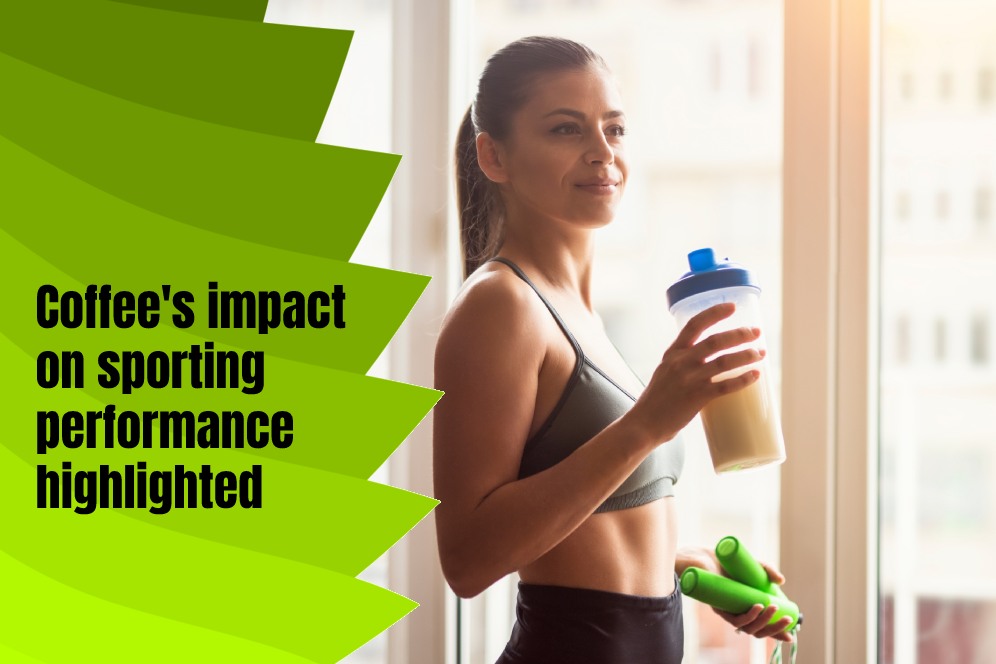
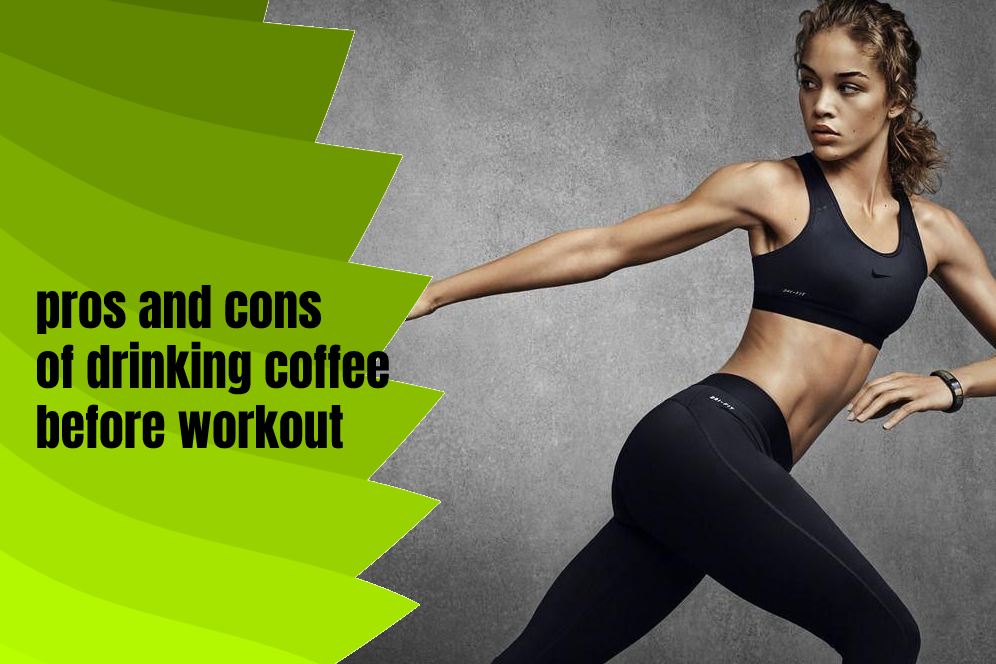
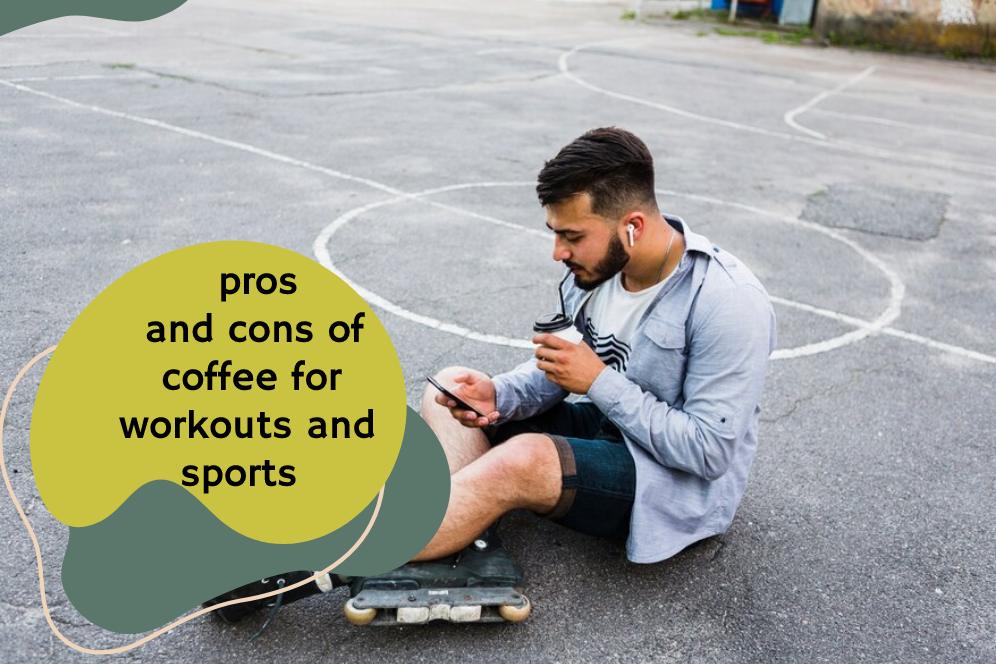
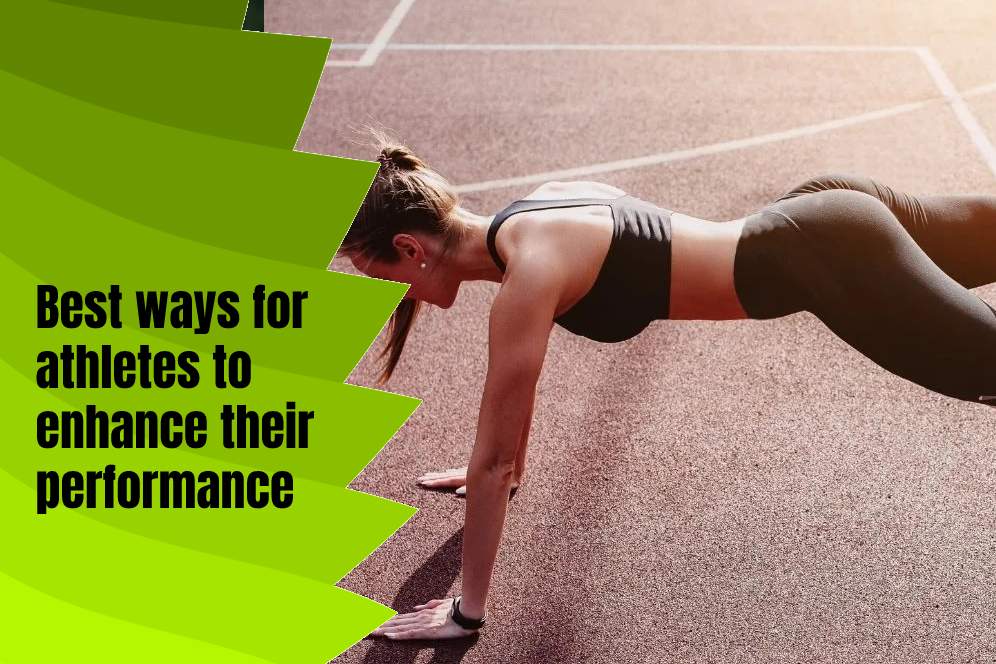

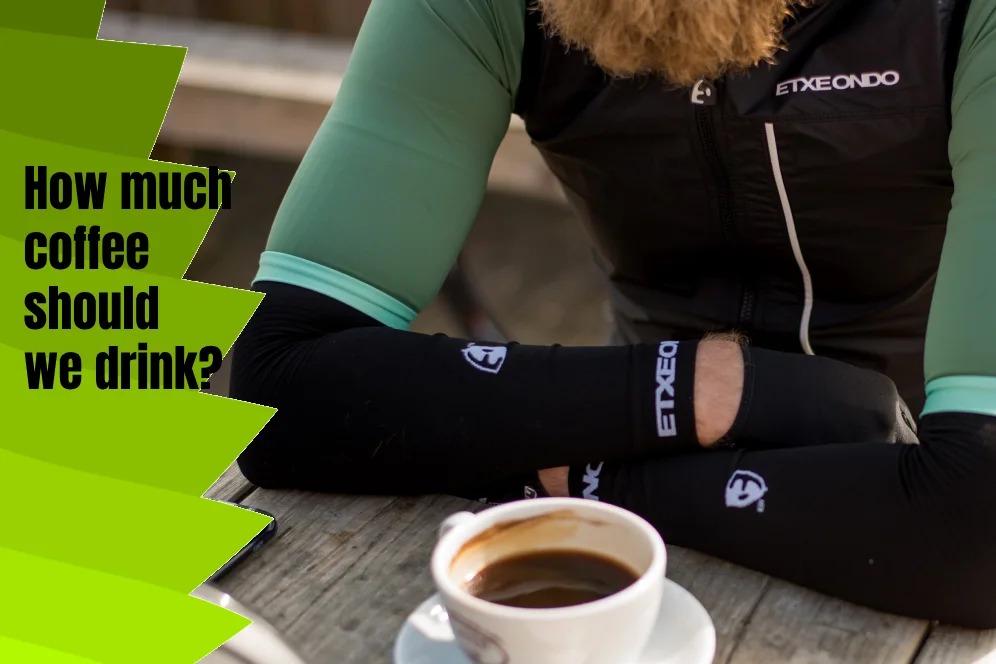
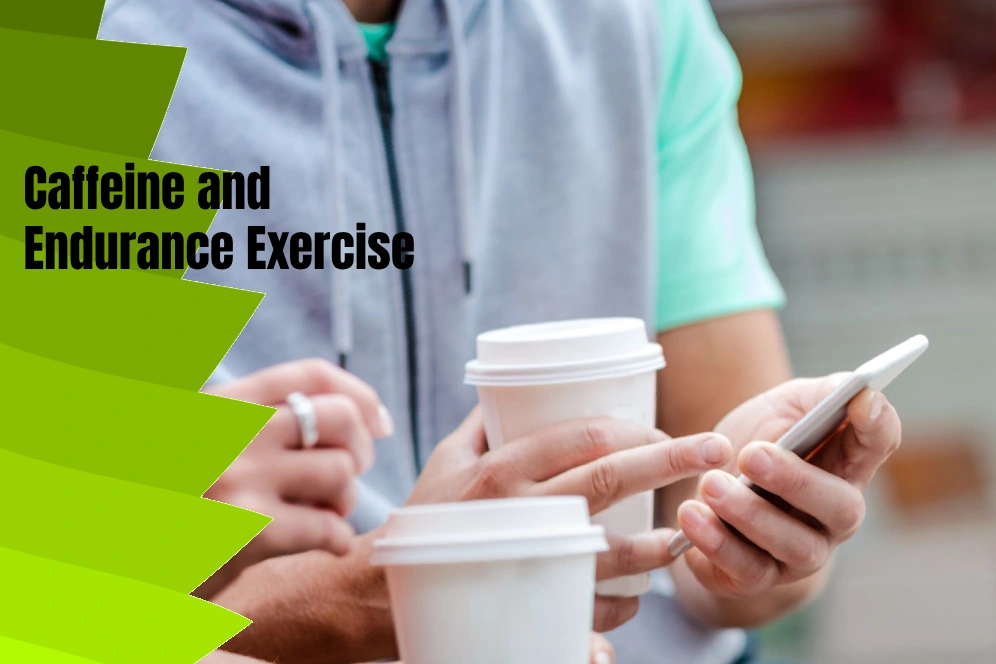
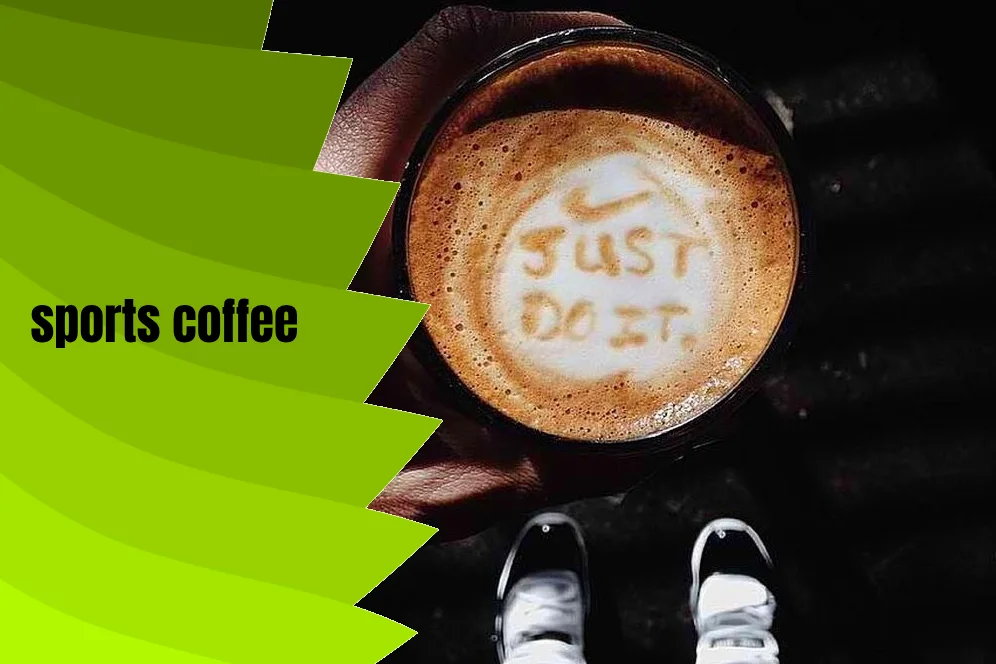





Coffee is one of the popular and popular drinks for athletes. Coach Finns is great for me